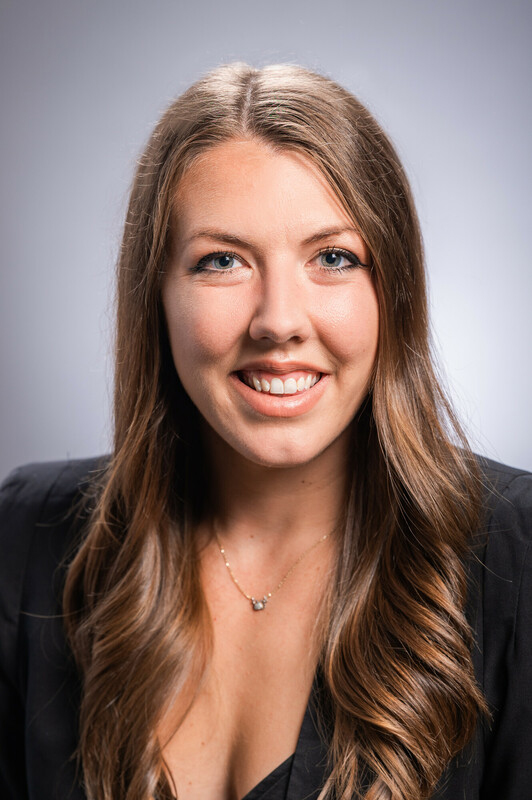Rachel June Smith, Ph.D., an assistant professor in the Department of Electrical and Computer Engineering, recently received a $50,000 Junior Investigator Award from the American Epilepsy Society (AES). The award was part of the AES 2023 Early Career Fellowships, which awarded $1.19 million in research grants and fellowships to 25 researchers in a variety of categories. Smith was one of three chosen for a Junior Investigator Award.
Smith is using the pilot grant in her Neural Signal Processing and Modeling Lab to study resonance phenomena in epilepsy. Her study seeks to develop a first-of-its-kind algorithm designed to guide the stimulation of seizures in epilepsy patients based on each person’s brain data.
“Surgical resection of the focal brain regions where seizures start can bring seizure freedom to epilepsy patients that do not respond to anti-epileptic medications,” Smith says, “but localizing where the seizures originate remains a challenging problem. Inducing seizures with electrical stimulation can provide key information for finding where the seizures start, and this improves overall outcomes after surgery, but there are currently no standardized protocols on where and how to stimulate to induce seizures.”
To address that challenge, Smith has developed a computational algorithm that uses the brain’s response to brief pulses of electrical stimulation to identify regions that may have hypersensitivity to specific frequencies. “We have shown that these hypersensitive regions often correspond to the seizure onset regions,” Smith says. “Stimulating the brain at the frequency specified by the algorithm—the "resonant" frequency—increases the likelihood of inducing a seizure.”
Smith’s research team will develop a randomized stimulation frequency framework for induction of seizures in 20 patients to test the specificity of the resonant frequencies. “We will further assess whether the resonant frequencies could be predicted from seizure data and whether we can mathematically prove that the induced seizures are the same as the patient’s natural seizure,” she says. “Success in this project would validate the first-ever algorithm designed to guide the stimulation of seizures in epilepsy patients based on their brain data.”
Smith is one of several faculty hired as part of a new strategic focus on Neuroengineering at UAB; other components include an interdisciplinary Neuroengineering Ph.D. program and a university-wide Consortium for Neuroengineering and Brain-Computer Interfaces.
“Rachel’s project is a perfect example of why we are so excited about Neuroengineering at UAB,” said School of Engineering Dean Jeff Holmes, M.D., Ph.D. “Our engineers are working side-by-side with physicians to understand the brain in all its complexity and improve the lives of patients.”
